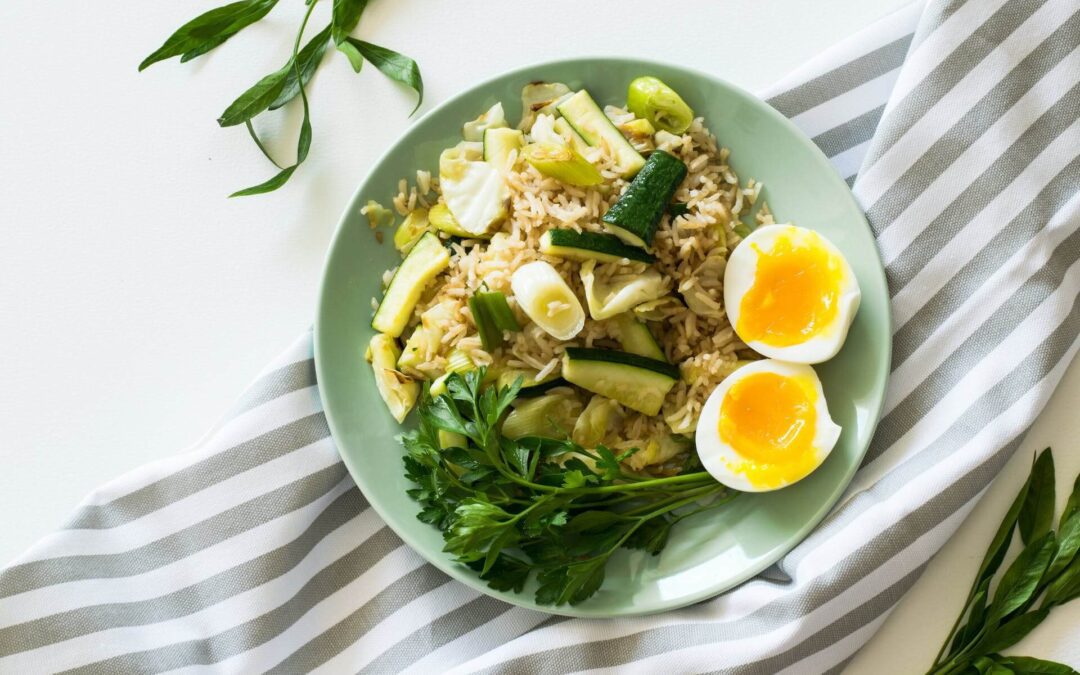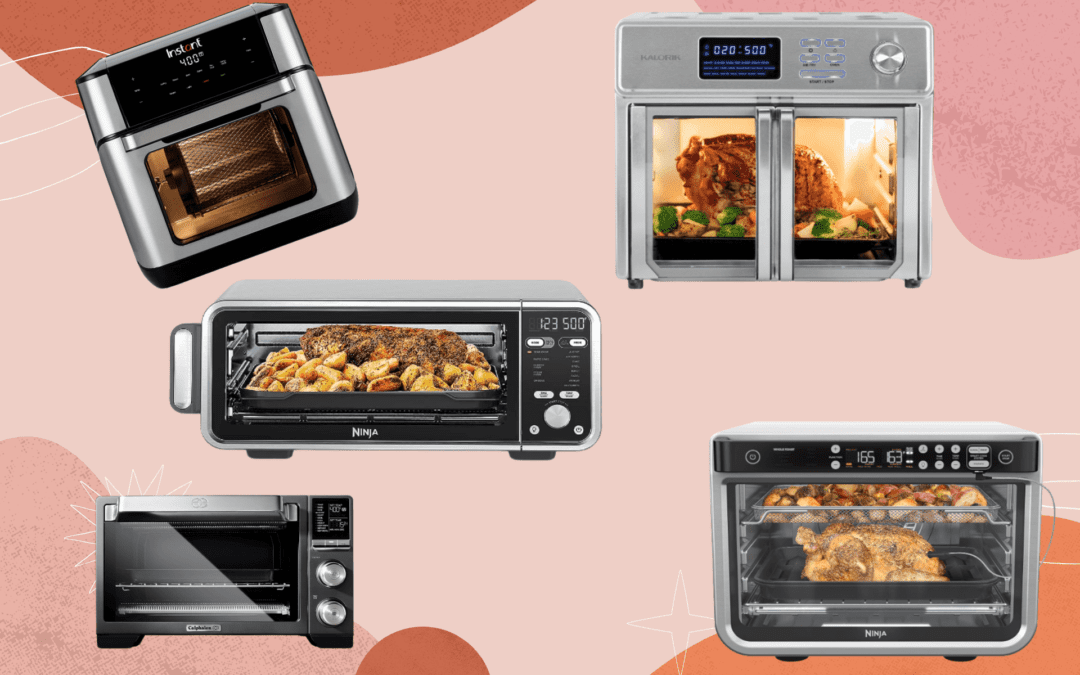Food that has been canned, cooked, frozen, pasteurized, or packed is considered processed food.
Many processed foods, such as canned vegetables, frozen fruits, and pasteurized dairy products, may be consumed as part of a balanced diet. On the other hand, some highly processed foods are heavy in salt, sugar, additives, and preservatives, which may be harmful to your health.
Reducing your consumption of these highly processed foods is one of the most effective methods to improve your health and diet quality.
When individuals contact me for dietary guidance, one of the first things I suggest is limiting their intake of processed foods.
Here are some basic, long-term, and doable tactics for eating less processed food.
1. Keep healthy snacks on hand
If you’re running short on time, purchasing a packaged snack on your way out the door may be tempting.
However, having your kitchen stocked with lots of portable, nutritious snacks may make making good choices on the road much more straightforward.
My favorite healthy snacks are fresh fruit, mixed nuts, edamame, and vegetables with hummus.
You may also prep some easy snacks in advance if you have spare time. Hard-boiled eggs, turkey roll-ups, homemade kale chips, and overnight oats are a few fantastic delights that you can make up fast and have on hand for later.
2. Swap refined grains for whole grains
One of the easiest methods to limit your consumption of processed foods is swapping them for healthier whole foods.
For instance, you may exchange refined grains like white pasta, rice, bread, and tortillas with whole grain alternatives, such as brown rice and whole grain pasta, bread, and tortillas.
Not only are whole grains richer in vital nutrients like fiber, but they’ve also been found to protect against illnesses like heart disease, diabetes, and some forms of cancer. (1)
3. Experiment with new recipes in the kitchen.
Give your favorite processed foods a healthy makeover in your kitchen if you’re feeling brave. This allows you total control over what goes on your plate while also allowing you to experiment with exciting new foods.
To create vegetable chips, sprinkle potato, zucchini, turnip, or carrot slices with olive oil and salt before baking until crispy.
Chia pudding, air-popped popcorn, granola bars, and fruit leather are some more healthy alternatives to processed meals that you may make at home.
Instead of ordering takeaway, I like replicating dishes from my favorite restaurants at home. This makes it easy to consume more whole foods by stocking up on items like fruits, vegetables, nuts, seeds, and legumes, in addition to saving money.
4. Increase your water consumption.
Sugary beverages, such as soda, sweet tea, fruit juice, and sports drinks, are heavy in sugar and calories while deficient in vital nutrients.
Gradually substituting water for these beverages throughout the day is an excellent approach to reduce your consumption of processed foods while also improving the quality of your overall diet.
If plain water isn’t your favorite beverage, try sparkling or flavored water. Alternatively, consider infusing water with fresh fruit or herbs for a taste boost.
5. Try meal planning.
Preparing meals in bulk once or twice a week guarantees that you have plenty of healthy meals on hand even when you’re too busy to cook.
It may also make it less appealing to stop at a drive-through on your way home or to rely on frozen convenience dinners when you’re short on time.
To begin, choose a few recipes to cook each week and schedule a time to prepare your meals.
I also try to discover a few recipes with comparable components to cycle through multiple dinners during the week and prevent monotony.
6. Eat more vegetables
Include at least one serving of veggies in your home-cooked meals to improve your consumption of healthful, unprocessed foods.
It’s as simple as putting spinach into scrambled eggs, sautéing broccoli for a quick side dish, or tossing carrots or cauliflower into soups or casseroles.
Vegetables are abundant in nutrients and fiber, which keeps you feeling full between meals, reducing your appetite and curbing cravings. (2, 3)
7. Vary your purchasing habits
When you don’t have any processed foods on hand, it’s easy to restrict your consumption.
Fill your grocery basket with nutritious, minimally processed items like fruits, veggies, whole grains, and legumes the next time you go shopping.
You may also try sticking to the store’s perimeter and avoiding the central aisles, which are generally stocked with processed snacks and junk foods.
When you’re out shopping, be sure to check the labels on your favorite foods. Avoid foods high in salt, trans fat, or added sugar wherever feasible.
8. Try some simple food swaps
There are several healthy alternatives for many processed foods. Here are a couple of my personal favorites:
- Swap up your sugary cereal with a bowl of porridge with fresh fruit.
Instead of microwave popcorn, make your own on the stove. - To replace manufactured salad dressings, make a homemade vinaigrette using olive oil and vinegar to sprinkle over salads.
- To make a nutritious alternative to store-bought trail mix, combine nuts, seeds, and dried fruit.
- Instead of croutons, top your salads with nuts or seeds.
9. Eat less processed meat
Processed meats such as bacon, sausage, lunch meat, and hot dogs have been linked to some negative health effects and are even designated as carcinogenic by the International Agency for Research on Cancer.
You’ll be relieved to know that there are several simple strategies to reduce your consumption of processed meat.
To begin, just replace these meals with less processed meats such as fresh chicken, fish, or turkey. You may also substitute different sandwich contents for packed lunch meats, such as tuna salad, chicken breast, or hard-boiled eggs.
You may also consume extra plant-based proteins, such as beans, lentils, tofu, or tempeh.
10. Implement adjustments gradually.
There’s no need to remove all processed foods from your diet at once.
In reality, making gradual improvements is often more successful and durable in the long term. According to some studies, simple lifestyle modifications may help create long-lasting habits and make initially difficult behaviors much easier to do over time. (4)
Try trying with one or two of the above-mentioned tactics each week, then progressively apply more.
Remember that as part of a healthy, balanced diet, you may still enjoy dining out or eating processed foods in moderation.
The bottom line
Any food that has been cooked, canned, frozen, or packed is considered processed.
Although many processed foods may be consumed as part of a balanced diet, those that are high in salt, sugar, chemicals, and preservatives should be avoided.
Try trying a couple of the suggestions in this article to see what works best for you, and remember to make adjustments gradually for the greatest effects.







0 Comments